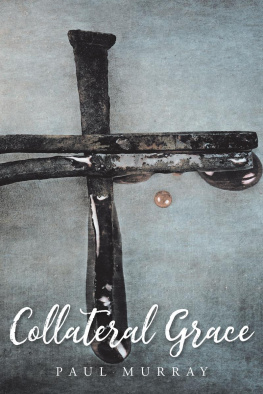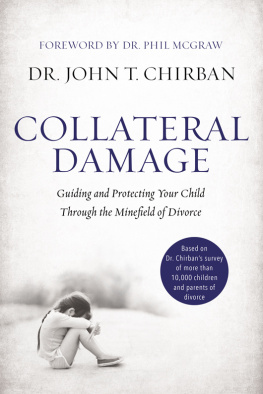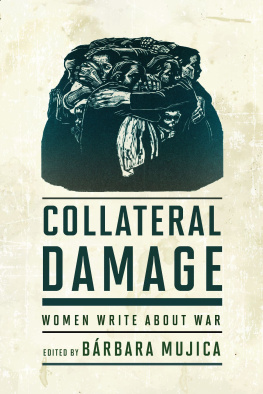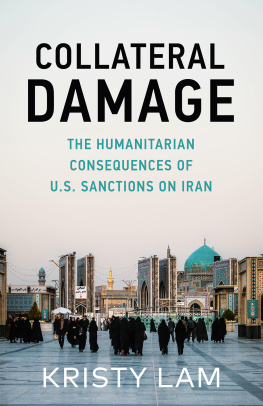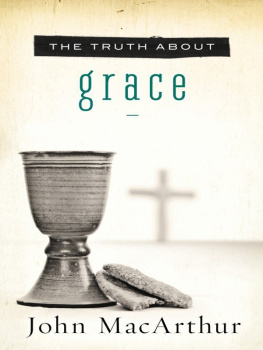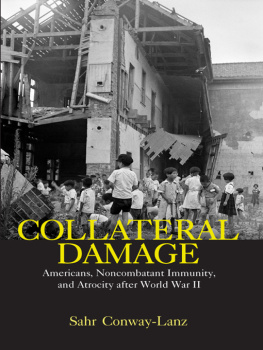Chapter 1
A Parents Nightmare (John 9:18)
B usiness was booming and David Melchoir was grateful. He had struggled for years with his sandal-making business. He was a good craftsman and paid close attention to detail. His sandals were well crafted and comfortable, plus they lasted longer than any other on the market. His patience and craftsmanship had finally begun to pay off. Word of mouth had brought him orders that would now take at least four weeks to fill, and more were coming in. The word had spread.
He was grateful, because he had eight mouths to feed: his wife, Meira; and six children. Fortunately, three of his children were now married, maintaining their own families. The three at home were his oldest, a twenty-six-year-old special needs boy, another eleven-year-old son, and a nine-year-old daughter. One of his married sons, Joseph, worked with him in his cobbler business which occupied almost twenty-five percent of the living space of their small home in Jerusalem. David worked out of his house and would take samples of his sandals to market as often as he could.
His eleven-year-old son, Jonathan, had shown quite a knack, despite his young age, for the family business. Measuring and accurately cutting the leather for the straps and soles came naturally to him. Even his little sister, Sapphira, would help out with the business by picking up the scraps and making sure everything was in its place.
Sandal-making was time-consuming work. The cost of supplies needed to make the footwear, the price he could get for the sandals, and trying to make a few pairs extra to display in the marketplace was not an easy balancing act when it came to providing for the five still at home. Plus, his married son Joseph also had a wife and soon-to-be-born child to feed. David was grateful for the backorders.
The Families Curse
Despite the positive outlook that David and Meira were enjoying with the increase in business, a dark cloud hung over them. It began the day their oldest son, Amir, was born. Like the birth of any first child, the event was filled with a mixture of emotions. There was fear, panic, hope, expectancy, and pain. But the Melchoir family would soon be given a surprise that would haunt them, day in and day out. It was a surprise that David and Meira came to believe was a curse from Jehovah and a shame that constantly weighed them down. Their son had been born blind!
They had been taught by the rabbis that the cause of their sons blindness was due to the sins of their father. David believed his own sin was being passed on to his children and would continue on into successive generations. The ancient scriptures taught that. The guilt of their own sin having caused the blindness of their firstborn never left their thoughts. Their boy was a constant reminder that they had failed Jehovah.
It wasnt until several months after his birth that the immeasurable joy of a firstborn son had been ripped from them. They discovered that their baby was blind, blind from birth. God was judging them. And the rabbis also seemed to shun them a bit, showing their own version of condemnation for their sins. David and Meira had offered sacrifices, even whole burnt offerings, but the guilt never left. Many nights, David would find his wife quietly sobbing in bed. It felt like there was no consoling her.
The guilt David and Meira felt was overwhelming. They had searched their souls numerous times trying to understand what the sin was, what had they neglected, what had they misunderstood that could cause such heartache. They sought the wisdom of the elders, but there seemed to be no tangible answers. They loved Amir, but caring for a blind little boy, with five other healthy ones following behind, was more than a twenty-four-hour job in itself. David and Meira were patient with their blind boy, teaching him the best they could.
When Amir had become twelve years of age, David and Meira decided Amir needed to start contributing to the family. There was really only one option for a blind child: begging. So every morning after their breakfast, Amir would be dressed and David would walk him to the temple area, about a dozen blocks from where they lived.
There, near the Golden Gate on the eastern wall of the Temple Mount, David would find a suitable spot along the edge of the road under a wild olive tree to place his son for the day. A small loaf of bread and a flask of water would provide for his basic needs. A small pot was given him and he was instructed on how to beg as he heard people approaching from up or down the street.
Hopefully the traffic would be busy, being so near the temple entrance, and hopefully the hearts of the people would be in a charitable mood. During the day, David would come to check on his boy when time allowed. Toward the evening, David would again return to the boy to bring him home for the evening. This had become a routine, a daily chore, seven days a week. The small amount of extra money that Amir would collect from begging was extremely helpful for the family. Amir had come to accept his lot in life with a measure of grace, which was quite different from most who begged and had become sour and bitter inside.
At twenty-six years of age, Amir had become very acute at discerning his surroundings. For fourteen years, he had sat in the same spot. He no longer needed his father to take him to his designated spot, he could get there himself, but his father took pride in walking with his son to the spot each morning and retrieving him each evening. It gave them both a time to deepen the bond of love that they shared. David always made sure Amir had a good pair of sandals. The advertising couldnt hurt, either. They would joke about Amir being the beggar with the best sandals in town. When people would ask about his sandals, Amir would say, My father makes these, and they are so comfortable, and really quite affordable.
That Sabbath
It all happened on a Sabbath when the foot traffic along the street coming and going from the Golden Gate of the temple was especially busy. This was prime begging time. Amir had made good friends with a few others who begged along beside him, especially with Oren, a young man about his age with two withered arms. He had also become very acute at reading people who were coming and going. Amir and Oren had become quite close and had spent countless hours sharing intimate things about their lives. Oren had considered Amirs hearing to be almost as good as a pair of eyes.
Amir clearly recognized the jingling of the jewelry and the swishing of the robes worn by the Pharisees and the priest. Never once had a Pharisee nor a priest stopped to drop a coin into his pot. He could also tell the stiffness of the uniforms of the temple guards and the rhythmic thump of their clubs bumping against their legs as they walked. Neither did they ever contribute. Then there was the softer shuffle of the common folks coming and going.
When a coin was dropped into his pot, Amir knew exactly the amount by the sound it made hitting the bottom of the pot or the rest of the coins. He was quick to thank the donor. He had come to recognize many who contributed alms regularly. Some he had spoken with and would call out their names when he heard the coin hit the pot. Nine times out of ten, he got the name right.
Unknown to Amir, this Sabbath would change his life forever. More importantly, it would change the life of his parents forever as well. It was late in the morning, and, as usual, the foot traffic up and down the road was much heavier than usual. He could tell more were leaving the temple than coming to it when it occurred to him that a group of common folks had walked up to him and stopped. There was nothing familiar about them that he could discern. They were talking among themselves. No one had dropped any coins into his pot.

